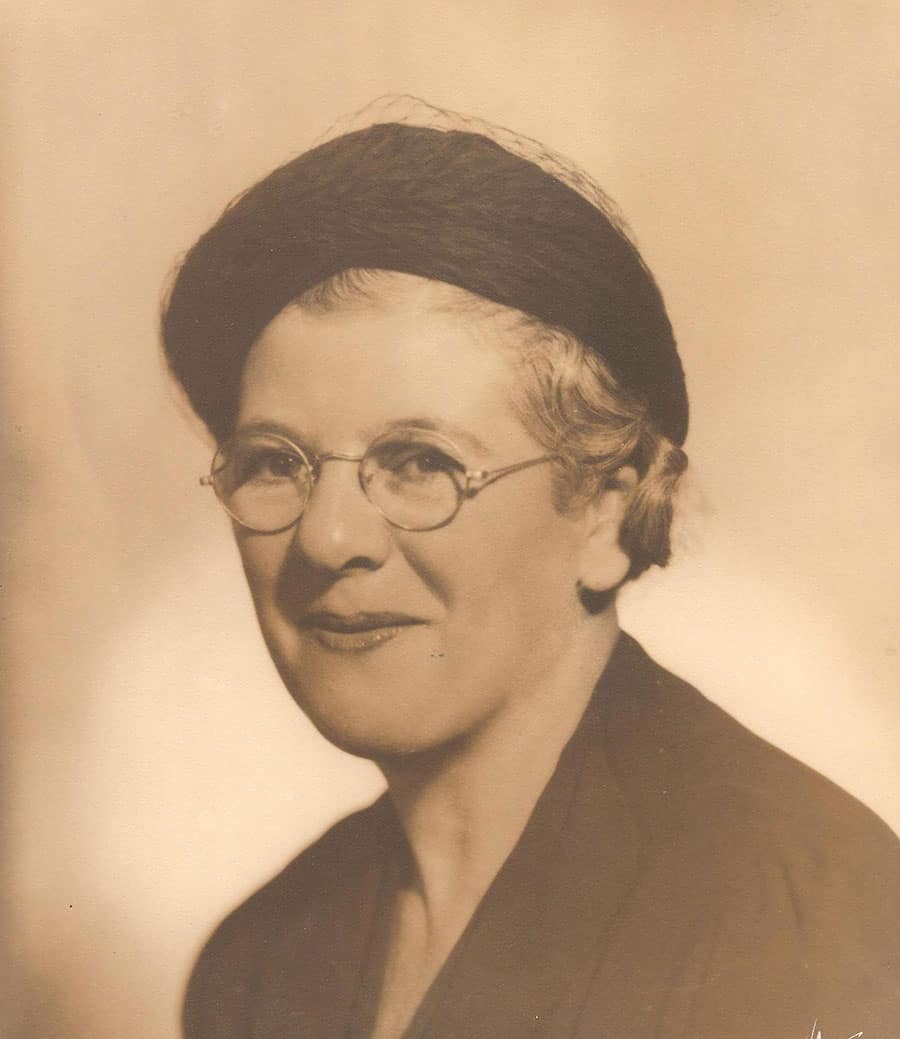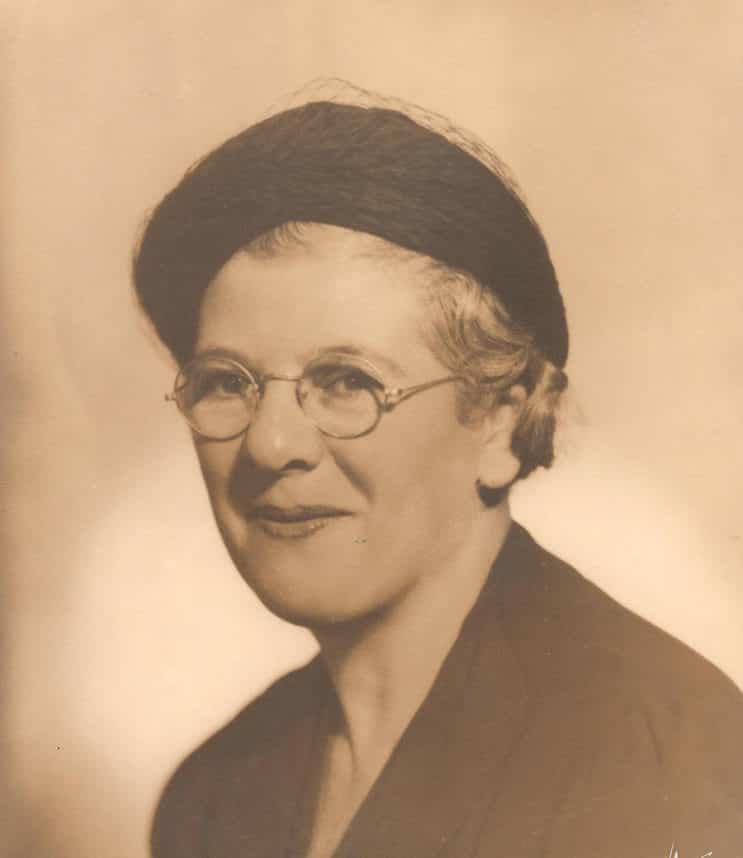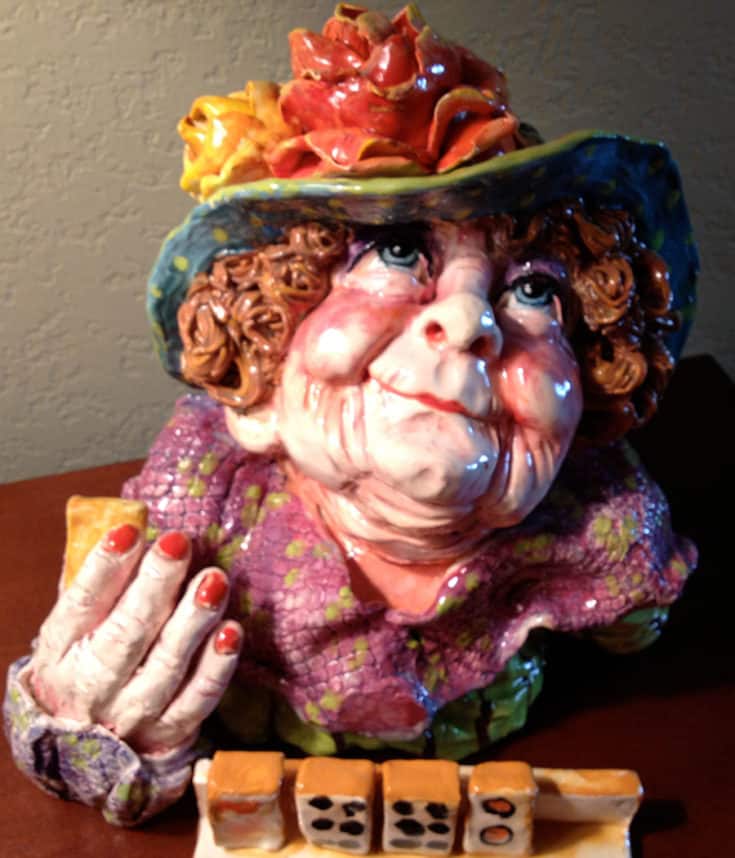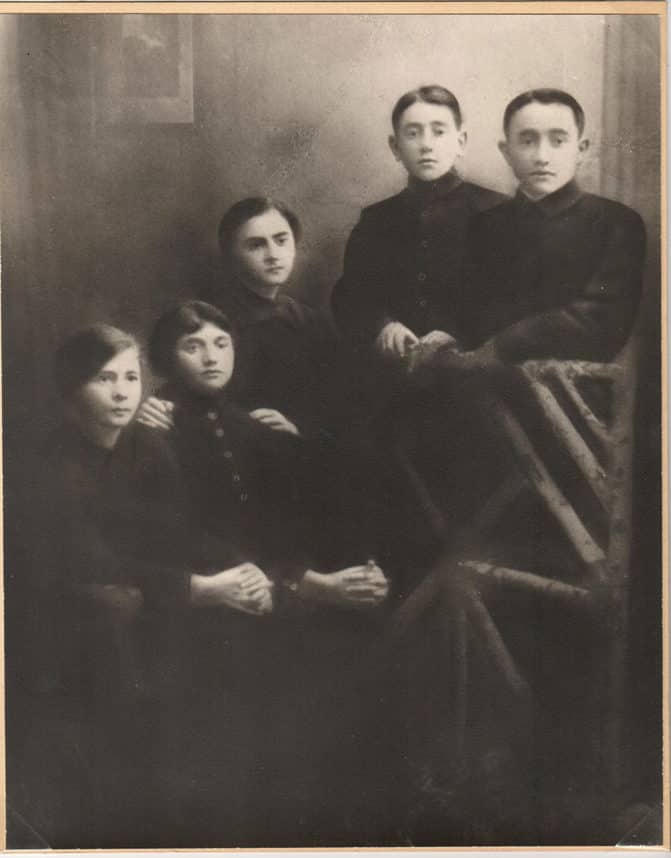 Lena Goldhamer
Lena Goldhamer During 30 years of conducting family oral-history interviews, I’ve heard about hundreds of mothers — the fabulous, the absent, the affectionate, the adventurous, the generous and the inspiring. What follows are excerpts from some of the stories I’ve had the privilege to record.

Marcia Grossman Goodfriend: The organ grinder’s monkey
My mother passed away 14 years ago and I still miss our traditional Sunday phone calls. Occasionally, I listen to recordings I made of her reminiscing about her life, and it’s so wonderful to hear her voice. One of my favorite stories is from her childhood:
“There was an organ grinder who came around our neighborhood with his monkey. I’d rush out with my pennies and I’d give them to the monkey, and the monkey would give them to the organ grinder. One time, this monkey took one look at me and leaped onto my head and got stuck in my hair. Once the organ grinder got him off, my mother rushed me inside and washed my hair. I’ll never forget it.”
The best part of this story is my mother’s laughter while she tried to describe this momentous occasion.

Robert Goldhamer: My mother’s driving
My mother, Lena Goldhamer, was not a great driver. Occasionally, she would drive the car into the back of the house and take off the downspout. Mom drove a car with more determination than skill. It was as if the car was some kind of an animal that she was in charge of. She showed this by holding the steering wheel very tightly, and if she wanted to shift from low into high gear without going into second, she did. If the car objected, that was too bad. If she wanted to shift without stepping on the clutch sometimes, she did that, and she forced the car to do her bidding.
One day (which will go down in our family history), Mom went shopping and she parked the car on the top of a small rise in the road. She walked a block or two, stopping at several stores. On her way back, she noticed there was quite a crowd in front of the A&P market. She got closer to see what they were all looking at and she saw that the window in the front of the store was gone. She looked inside, and there was her car — inside the produce section.
Apparently, she went inside and found the manager and told him, “That’s my car.” My brothers, my father and I all howled when she told us what had happened, because the way she said it, was as if to say to him, “What are you doing with my car in your store?” It was obvious that she hadn’t put the handbrake on when she left the car. We made Mom tell this story every so often, and we were beside ourselves every time she did. She knew we were enjoying the way she told it, and she was willing to laugh at herself.

Bonnie Glazer Roth: The making of an artist
My mother, Sylvia Tesler Glazer, loved to draw and was a very talented artist. When she was graduating high school, her teacher offered her a scholarship to attend an art college, but the family couldn’t afford it.
My mother really taught me how to play. One vivid memory of her was in Cleveland, where we lived before moving to Los Angeles. We had a big backyard that was just dirt — no lawn. When I was about 4, I discovered that underneath the topsoil, there was clay. I would take a little shovel and dig up a pile of clay and bring it into the house, and my mother and I would play for hours — making clay figures of children, with stories we made up together. That’s how I learned to love sculpting. When I had problems in my life, such as in my marriage, doing sculpture kept me sane.
In 1982, I started a business called Bonnie Lee Creations, where I designed and manufactured ceramic jewelry. Both of my parents worked with me, so it was really a family business. My mother and I painted the jewelry, and it was a time of wonderful bonding and lots of giggling, like two kids.
In 1989, when my dad passed away, I started doing a line of Judaica giftware, such as menorahs and mezuzahs, which were sold in museums in L.A. and all over the country. My mother was right there with me, painting and laughing and encouraging my creativity.
In more recent years. I started making three-dimensional and sculptural pieces, and the whimsy of my mother’s face was my inspiration.
My mother died in 2001. I’m going to be 78 and I still sculpt or paint every day, with humor and the warmth of my mother surrounding me.

Abraham Maymudes: A whole glass of chocolate milk
(Abraham Maymudes was born in Poland in 1901 in a small village called Ostrove, which was 50 miles north of Warsaw.)
We were a family of six — my parents, two sisters, a brother and myself. My father left to serve in the Russian-Japanese War in 1904, right after my mother had given birth to one of my sisters. In order to support our family, my mother went to work in Warsaw, nursing a child in the home of a very, very rich family. This meant that her own baby didn’t have her milk.
I was left with my grandparents for one year. I remember when my grandmother took me on the train to see my mother in this wealthy home. It made such an impression, I can’t forget it. One thing, my mother walked up to the wall and turned a faucet, and water ran out. When we needed water at home, we had to go out to the brunem, which means a spring where the water comes from the earth. So we had a hard time getting water, and here I see water come out from the wall. That made a terrific impression.
There was one more thing that impressed me. At home, my mother was too poor to get milk for the family. When she sent me to buy milk, we could only afford an eighth of a quart. And here in the rich house, she gave me a whole glass of chocolate milk.
My father came back after the Japanese war, in 1904, and my mother finally came home. My mother had a shtikl, a small piece of land near the house, and there, she planted food for the family. It was a very hard life, and we fortunately, finally came to America in 1920.
https://www.youtube.com/watch?v=dfURH1nyCwQ&t=7s
“Edith Meyer, the mother of Ron Meyer, Vice Chairman of NBCUniversal, passed away in 2006, at 86. This excerpt, of Edith talking about motherhood, is taken from oral history interviews that were conducted and recorded by Ellie kahn, Living Legacies Family Histories”
Ellie Kahn is an oral historian and producer of “Meet Me at Brooklyn & Soto,” a film about the former East Los Angeles Jewish community between World Wars I and II. ekzmail@gmail.com.






















 More news and opinions than at a Shabbat dinner, right in your inbox.
More news and opinions than at a Shabbat dinner, right in your inbox.